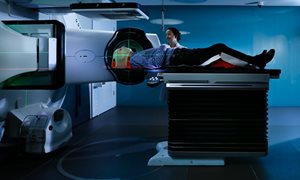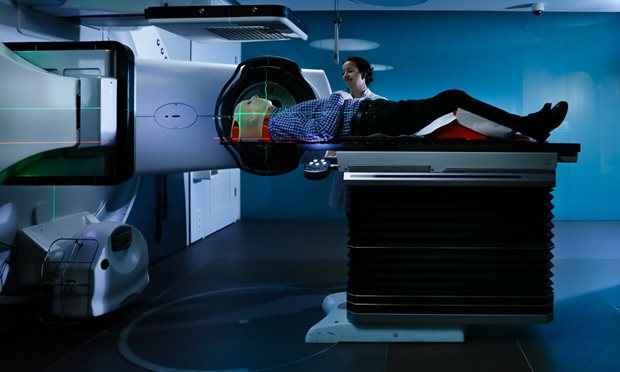

About us
Our experimental and clinical research program is aimed at:Molecular Immunology
Dendritic cells (DC) are the professional antigen presenting cells (APC) of our immune system. They are able to initiate immune responses against pathogens or tumors, but also have the capacity to prevent (auto)-immune responses harmful to the host. My research is centered around the molecular and functional analysis of DC in mouse and man. Applying different molecular approaches at the genomic and proteomic level a set of novel DC-antigens have been identified, including chemokines (DC-CK1, CXCL16), a novel multiple membrane spanning receptor (DC-STAMP), a transcription regulator (DC-SCRIPT). Knowledge regarding DC-immuno-biology is essential for the development and design of DC-based vaccines in mouse models as well as in clinical studies in cancer patients. More recently, regulatory T cells that are crucially involved in balancing the immune system are studied at the molecular and functional level as well as in immunotherapy of cancer.Vascular Architecture and Microenvironmental Parameters
An important objective is the development of predictive profiles based on Vascular Architecture and Microenvironmental Parameters (VAMP). The ultimate goal is to provide a mechanistic basis for the optimization of treatments that combine radiotherapy with novel biological modifiers and for the development of patient selection strategies.Current topics we focus on
- analyzing EGFR signaling related to radiation resistance (PI3-K/AKT pathway related to tumor vasculature)
- proliferation and hypoxia involvement
- non-invasive imaging of the tumor microenvironment (vasculature, hypoxia, proliferation and the EGFR)
- assessment of endogenous markers related to tumor cell metabolism (lactate, monocarboxylate transporters etc)
Collaborations
Netherlands
- Radboud university medical center, Dept. of Radiology: Prof. dr. A. Heerschap
MR-imaging - Radboud university medical center, Dept. of Nuclear Medicine: Prof. dr. O.C. Boerman
PET-scanning - University of Maastricht, Dept. of Experimental Radiation Oncology: Prof. dr. Ph. Lambin
Hypoxic cytotoxins
Abroad
- University of Aarhus: M. Busk
Comparison of AZA PET and IHC - University of Oslo: D.R. Olsen & K. Roe
Comparison of hypoxia/perfusion imaging with functional MRI - University of Oxford: Dr. E.J. Bernhard
Mechanisms that contribute to radiation survival of tumour cells - University of Hamburg/Technische Universitat Dresden: Prof. dr. M. Baumann
Molecular targeting of tumors during irradiation - University of Auckland (NZ): Prof. W. Wilson
Enhancing tumour hypoxia for therapeutic gain - University of Chicago: Prof. G. Karczmar
High spectral and spatial resolution MR imaging, co-registration with tissue sections, EPR hypoxia imaging - University of North Carolina, Dept. Radiation Oncology: Prof. J.A. Raleigh
Hypoxic cell markers - Ontario Cancer Institut: Prof. dr. B. Wouters
Molecular basis of signalling pathways that influence tumor response - UT Southwestern Medical Center (Dallas, Texas): P.M. Medin
Tolerance of pig spinal cord for radiosurgery - University of Wisconsin: D.L. Wheeler & P.M. Harari
EGFR & IGFR blockers
Patient care
This department also offers patient care. read more (in Dutch)Getting there
Entrance: Radboudumc main entrance (hoofdingang)
Building: G
Floor: 0
Route: 874
Getting there
Visiting address
Radboudumc main entrance
Geert Grooteplein Zuid 10
6525 GA Nijmegen
Directions



